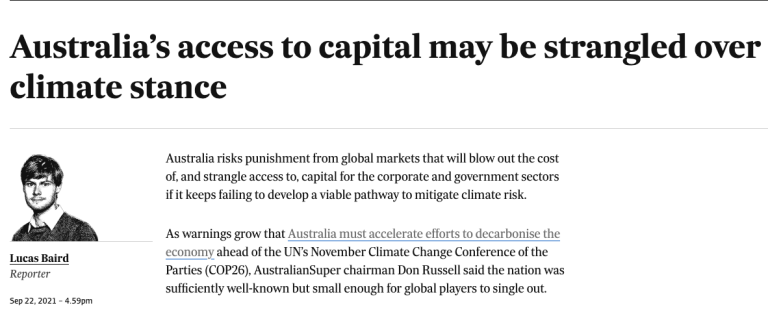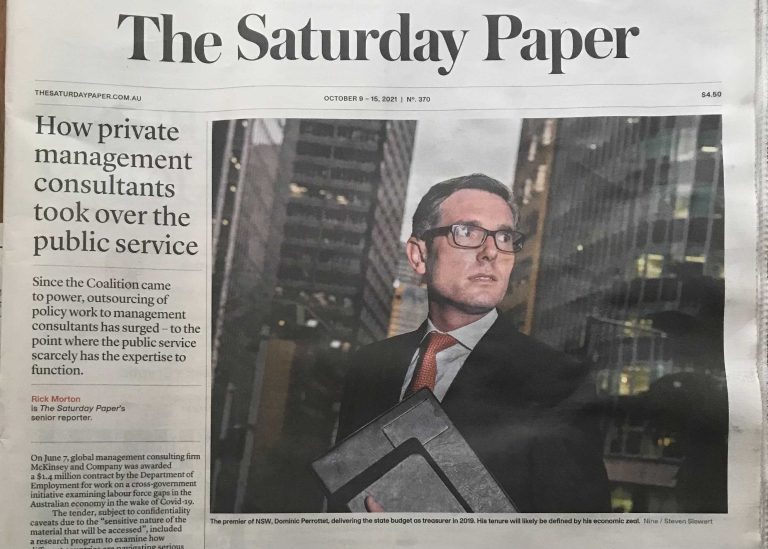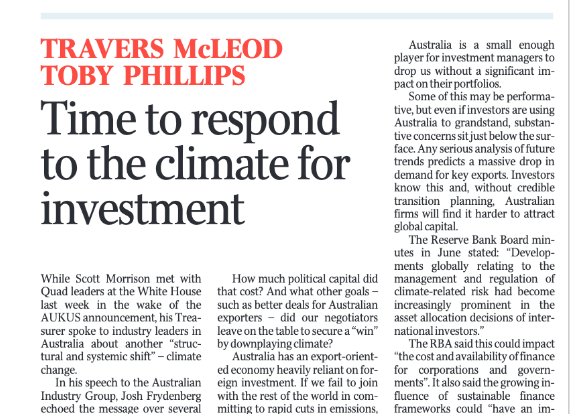6. Henry (remember him?) and tax…
Published in partnership with Crikey, the PromiseWatch 2013 series captures snapshots of the major parties’ platforms in major policy areas.
There is perhaps no bigger core ideological issue for Australia’s political parties than taxation. If the Labor Party was founded to ensure a fairer redistribution of capitalism’s surplus and the Liberal Party as a check on that progressive tendency, then tax should by rights remain a key battleground.
Surprisingly for such a flaming hot issue, in recent decades the political struggle over tax appears to have dimmed. Last year’s budget papers showed Australia’s tax-to-GDP ratio is much lower than most OECD countries and as a proportion of GDP since Gough Whitlam tax was actually lower under the Labor governments of Bob Hawke (22.3%), Paul Keating (20.7%) and Kevin Rudd (21.45%) than under Liberal PM John Howard (22.3%).
Nevertheless, as part of the 2008-09 budget, the Rudd government announced an overhaul of the Australian tax system as business pressure for “simplification” increased. The Henry Review, known formally as “Australia’s Future Tax System“ was chaired by then Treasury Secretary (and wombat fan) Ken Henry. His report was released to the public in May 2010.
Henry was charged with making “recommendations to create a tax structure that will position Australia to deal with the demographic, social, economic and environmental challenges of the 21st century and enhance Australia’s economic and social outcomes”.
In total, Henry produced 138 recommendations, most of which were ignored by the Rudd and Julia Gillard governments. These recommendations stemmed from the first recommendation of the Henry Review itself — that tax revenue should be drawn from four efficient, broad-based taxes: personal income, business income, rents on natural resources and land, and private consumption (p. 80). Henry argued that all other taxes should be phased out, except taxes that address social and economic costs, such as tobacco, alcohol or environmental damage. Overall, the review argued for a simplification of the tax system.
While not a comprehensive list, some of the key changes included:
- A reduction in company tax to 25%;
- A higher personal tax free threshold of $25 000; and
- Introduction of a resources rent tax.
So, three years after Henry, where do the parties stand on tax? Check out CPD’s research on Crikey




